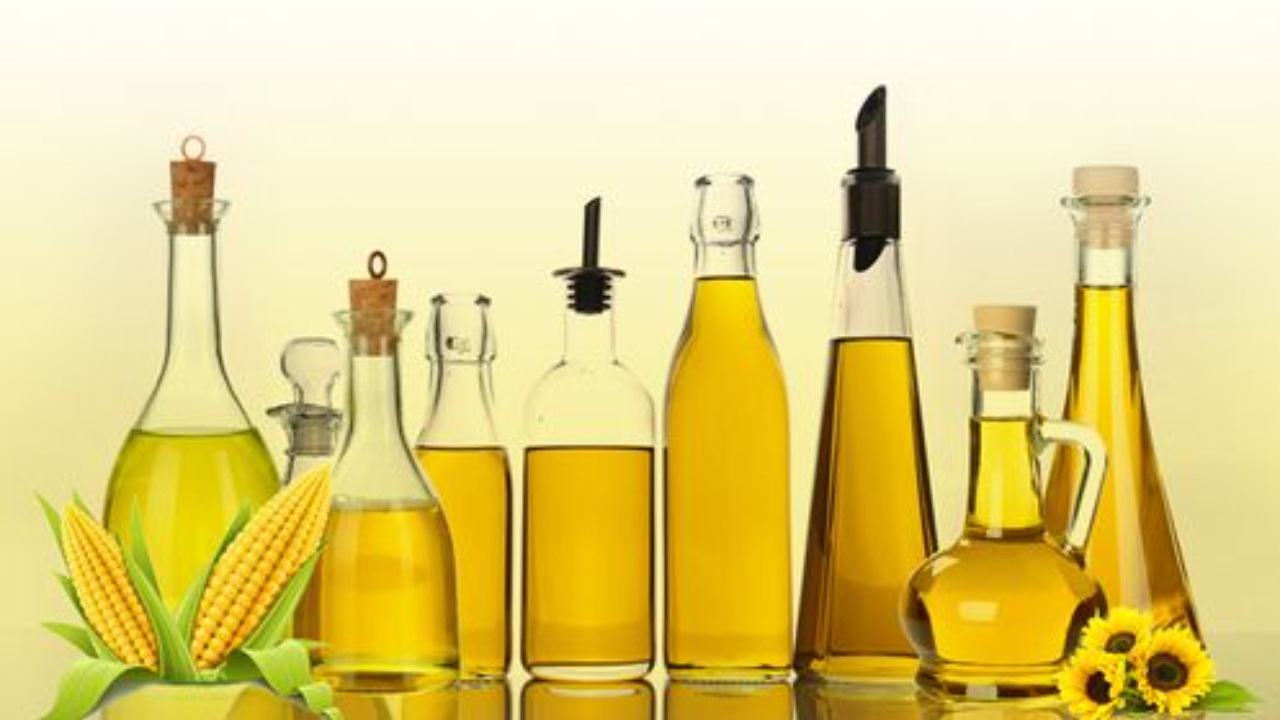Is your cooking oil good for you?
Mar 10, 2025
Cooking Oils to Avoid: Are You Unknowingly Harming Your Health?
Have you ever considered that the cooking oil you use daily might be silently affecting your health? From heart health to hormonal balance, the oils we choose can have far-reaching impacts.
Let’s explore why some oils may be more harmful than beneficial, especially when heated.
Why Cooking Oil Matters
Cooking oils serve multiple purposes beyond adding flavor or preventing food from sticking. They transfer heat efficiently and help absorb fat-soluble vitamins like A, D, E, and K, which are essential for overall health. However, not all oils perform well under heat. Some degrade, releasing harmful compounds that can negatively affect your body.
The Hidden Dangers of Common Cooking Oils
Many vegetable oils—such as soybean, corn, canola, and sunflower oils—are marketed as "heart-healthy." However, their chemical composition and processing methods often make them less suitable for cooking at high temperatures.
1. Trans Fats – A Health Hazard
When vegetable oils are heated or hydrogenated (a process used to extend shelf life), they can produce trans fats. These synthetic fats are linked to:
✅ Increased LDL ("bad") cholesterol
✅ Reduced HDL ("good") cholesterol
✅ Higher risk of heart disease, obesity, and insulin resistance
Although trans fats have been largely banned in many countries, trace amounts may still be present in some processed foods.
2. Oxidation and Toxic Byproducts
When exposed to heat, many vegetable oils oxidize, forming harmful compounds like:
🔥 Cyclic Aldehydes – Associated with inflammation and neurological disorders
🔥 Acrylamide – A potential carcinogen formed during high-temperature cooking
3. Omega-6 Fatty Acids and Inflammation
Vegetable oils are often high in omega-6 fatty acids. While these fats are essential in small amounts, excessive intake can disrupt the balance between omega-6 and omega-3 fatty acids, potentially promoting chronic inflammation.
Oils to Avoid for High-Heat Cooking
If you want to minimize health risks, avoid these oils for frying or sautéing:
🚫 Canola Oil – Often genetically modified and highly processed
🚫 Soybean Oil – Linked to hormonal imbalances due to its high phytoestrogen content
🚫 Corn Oil – Frequently extracted using hexane, a toxic solvent
🚫 Sunflower Oil – High in omega-6s that may contribute to inflammation
🚫 Generic Vegetable Oil Blends – Typically a mix of refined seed oils stripped of nutrients
Healthier Alternatives
For safer cooking, choose oils that are stable under heat and minimally processed:
✅ Extra Virgin Olive Oil – Rich in antioxidants and monounsaturated fats; best for low-to-medium heat cooking
✅ Avocado Oil – High smoke point and resistant to oxidation; suitable for frying
✅ Coconut Oil – Contains medium-chain triglycerides (MCTs) and is naturally resistant to oxidation
✅ Ghee (Clarified Butter) – Stable at high temperatures and rich in fat-soluble vitamins
Final Thoughts
The oils you use in your kitchen play a significant role in your long-term health. Many commonly used vegetable oils are highly processed and prone to oxidation at high temperatures, releasing harmful compounds.
By avoiding these oils and opting for healthier alternatives like olive oil or avocado oil, you can reduce inflammation and promote better overall well-being.
Choose wisely, cook mindfully, and make your kitchen a foundation for health.
Stay connected with news and updates!
Join our mailing list to receive the latest news and updates from our team.
Don't worry, your information will not be shared.

